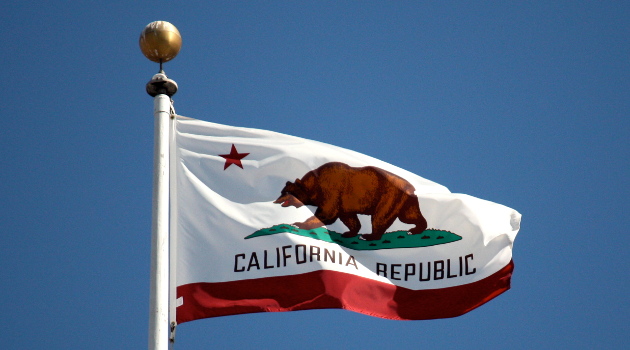I’ve written many times about bad government policy in California (too many times to count), but I’ve only highlighted bad policy in Los Angeles four times over the past 16 years (here, here, here, and here).
But something caught my eye that demands attention. It involves how quickly the people who lost their homes in the Palisades Fire can rebuild.
As you can see from this tweet, the mayor of the city thinks the bureaucracy is beating expectations.

If Mayor Bass is correct, then expectations must have been extremely low. Perhaps even zero.
Why do I say that?
Because the fires occurred in early January, destroying more than 12,000 structures, and only 11 permits have been issued for rebuilding. Not 1,100, just 11.
This tweet summarizes the sloth-like permitting process in Los Angeles.

To be fair, maybe Mayor Bass is comparing Los Angeles to Maui in Hawaii, which is another place where government red tape is hindering the rebuilding process.
I’ll make two observations.
- At the risk of sounding overly libertarian, why should homeowners need to get a permit before they sign a contract with a builder to put a house on their own land? Are there any downsides to this laissez-faire approach?
- If there are going to be permits, there should be a time-limit rule stating that all house plans are automatically approved if bureaucrats don’t identify a specific problem within a very shot period of time such as five business days.
I’ll conclude by noting that Mayor Bass’ tweet is the regulatory version of “defining deviancy down,” which was the title of a 1993 article by former Senator Patrick Moynihan, in which he explained the unfortunate tendency of some societies to redefine norms to accommodate dysfunctional behavior.
If approving permits for 11 homes more than four months after the fire is a success, norms have definitely eroded. I’d hate to see Mayor Bass’ definition of failure.
P.S. Here’s the column I wrote about the fiscal version of defining deviancy down.

